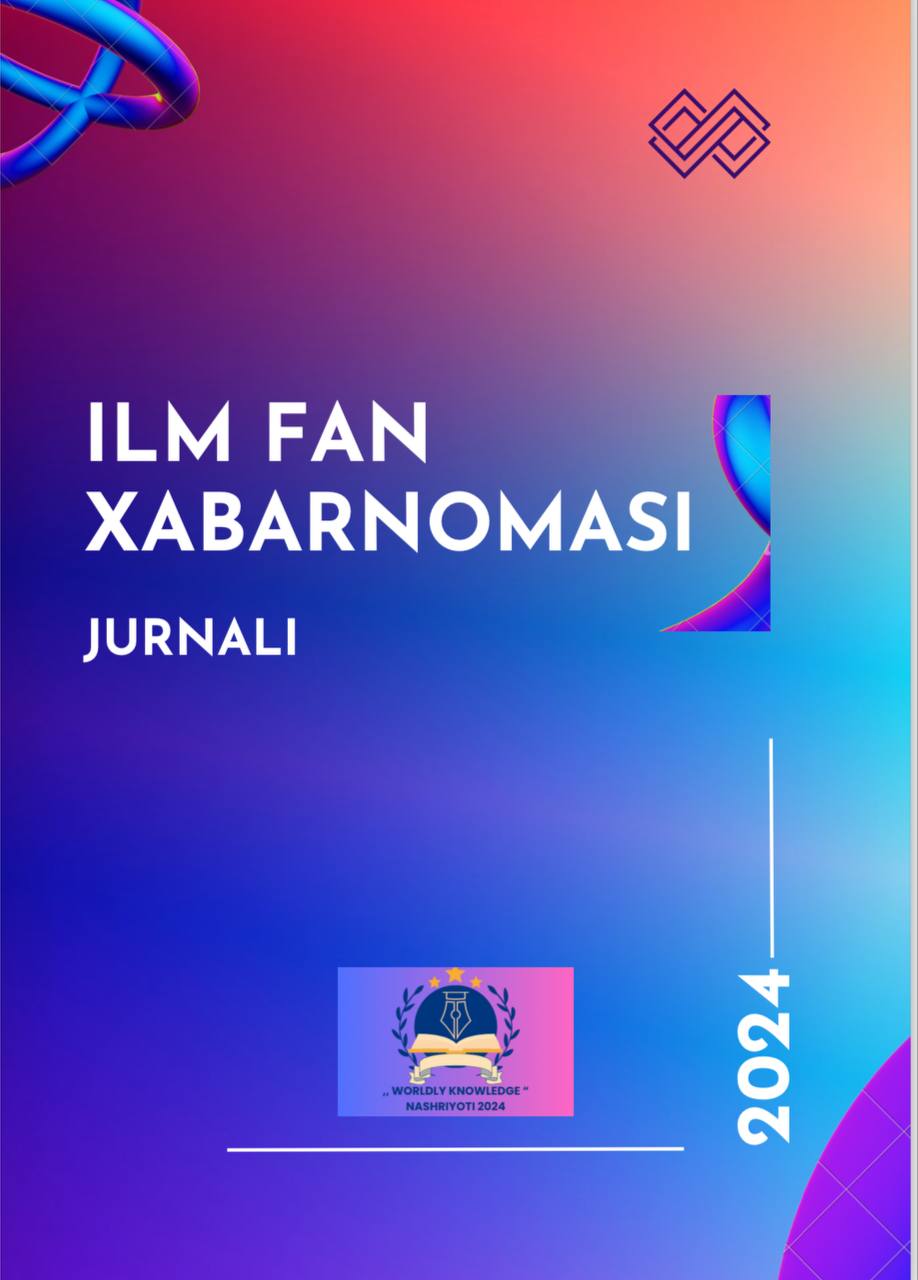THE ROLE OF LITERATURE IN ENGLISH LANGUAGE PEDAGOGY
Keywords:
literature, language, imagination, culture, creation, intercultural competency, vocabulary growth, linguistic proficiency, analytical reading, crtitical thinking, comperhension.Abstract
Scholarly discussion on the incorporation of literature into English language instruction has lasted for many years. The many ways that literature can improve language acquisition are examined in this article, with particular attention to how it affects linguistic proficiency, cultural sensitivity, critical thinking, and personal growth. This study emphasizes the value of literature in creating a whole language learning experience through an extensive evaluation of the body of available literature and an analysis of educational approaches.
References
Byram, M. (1997).Teaching and Assessing Intercultural Communicative Competence. Multilingual Matters.
Krashen, S. D. (1982). Principles and Practice in Second Language Acquisition. Pergamon Press.
Lazar, G. (1993). Literature and Language Teaching: A Guide for Teachers and Trainers. Cambridge University Press.
Rosenblatt, L. M. (1978). The Reader, the Text, the Poem: The Transactional Theory of the Literary Work. Southern Illinois University Press.
Carter, R., & Long, M. N. (1991). Teaching literature. Longman.
Barnett, M. A. (1989). More than meets the eye: Foreign language reading: Theory and practice. Prentice Hall.
Akyel, A., & Yalcin, E. (1990). Literature in the EFL class: A study of goal achievement differences and similarities. Journal of Language and Literature Education, 5(2), 113-129.




